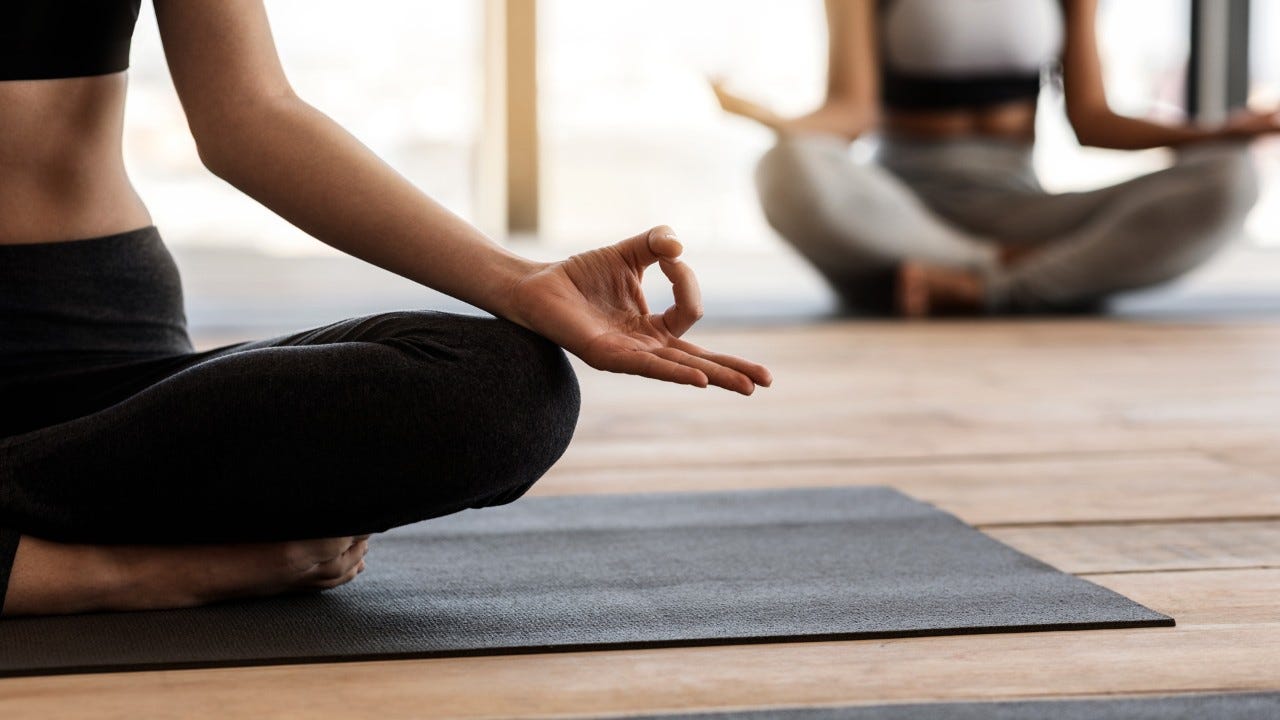How to avoid recreational stress
More and more people feel burned out these days. Not only at work, but also increasingly during their free time. It doesn’t have to be that way.

Leisure stress, that sounds paradoxical: You’d think that people should be able to do what they want in their free time. But is this really the case? Dr Annalisa Stefanelli, psychologist and certified life coach based in Basel, confirms this phenomenon: “Recreational stress is on the rise and can be seen across all generations – among children, young adults and the elderly alike.”
Recreational stress is similar to all other kinds of stress. It’s always a question of an “imbalance between external demands or the goals we set ourselves and our ability to meet them,” says Stefanelli. However, a busy schedule does not automatically lead to stress. In every case, our individual assessment and how we interpret the situation is key: “Is this right for me or not? Am I satisfied with the way in which I fill my free time? Or am I reaching the limits of my resources and feeling overwhelmed?"
Eustress and distress: when does stress become too much to bear?
Stress is not always a bad thing. Psychologists distinguish between eustress and distress. Eustress results from challenging but achievable and enjoyable or rewarding tasks, such as a sporting achievement or a public appearance. It has a positive effect, because it creates a sense of accomplishment, capability and achievement. Distress, on the other hand, is perceived as a threat, burden and an excessive demand when our personal resources are not sufficient, the schedule is too tight and the pressure is too great.
“Boredom stimulates creativity.”
“FOMO” – the fear of missing out on something exciting
Stefanelli explains there are many reasons for recreational stress. One is the fact that we are constantly networked. “When work and recreation mix, it’s hard to see where work stops and leisure time starts. This is exacerbated in times of working from home." Added to this is the fear of missing out (FOMO) and the social pressure to organize and fill leisure time in a “meaningful” way: “It’s almost frowned upon to do nothing in your free time.” Plus, some people feel left out if they’ve just stayed home and relaxed all weekend and have nothing exciting to talk about at work.
Or some people fill their children’s schedule with language, music, sport and development programmes to keep them on their toes. However, says Annalisa Stefanelli, it’s important to remember that “boredom is very important for a child’s development. It stimulates creativity, and encourages children to find their own solutions and develop their own ideas.”
Does the KonMari method also help with recreational stress?
In short: yes! You can declutter your free time in the same way that best-selling Japanese author Marie Kondo tidies houses and apartments. The key question to ask yourself using this method is: Does it make me happy to hold a particular object in my hand? If not: Get rid of it! In relation to your free time, a similar question would be: Does this activity meet my needs? Is it fun or enjoyable? Is it satisfying? If not, you should have the courage to give it up.
- Learn to express yourself clearly and say “no” if necessary.
- Avoid activities that trigger negative stress.
- Come to yourself. Integrate periods of rest and doing nothing into your routine.
- Bring about “flow moments” in which you are absorbed in what you are doing and lose track of time. No matter how: marching, painting, meditating, listening to music.
- To prevent the build up of stress, it’s a good idea to talk to a psychologist or life coach. People shouldn’t be afraid of doing so. They should be able to see a life coach with the same ease with which they go to the dental hygienist or hairdresser, says Stefanelli: “Take action sooner rather than later. Don’t wait until you’re at your wits end.”


